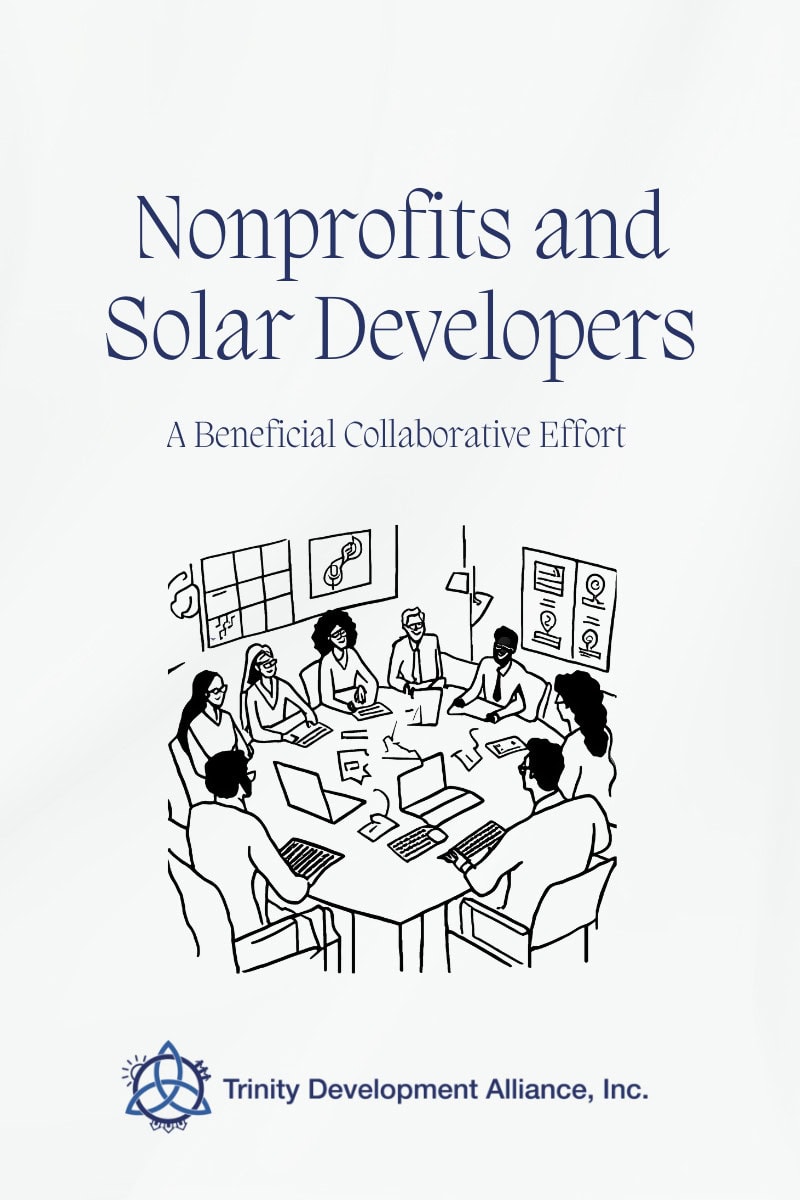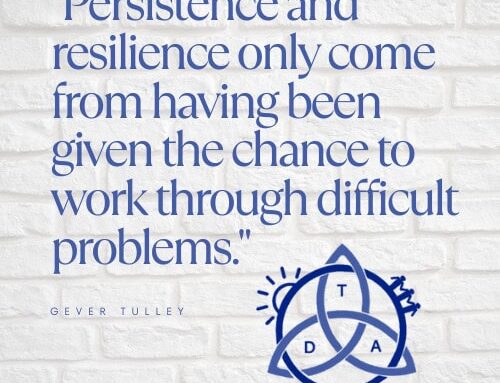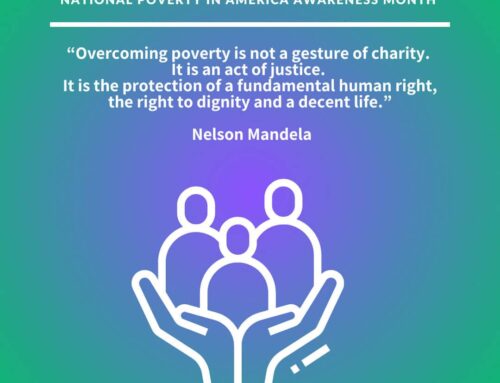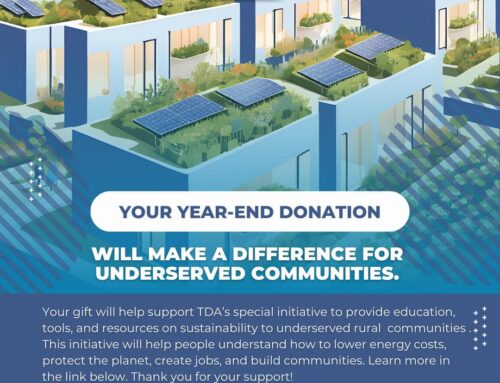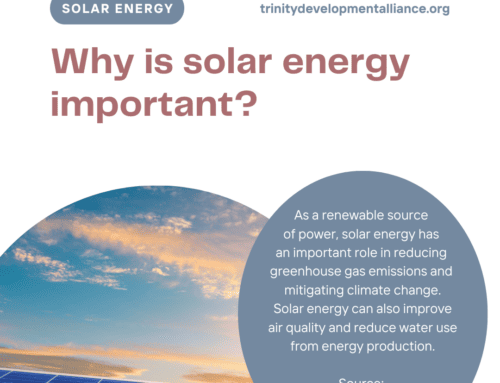Partnering with a nonprofit on solar energy projects creates a powerful synergy that amplifies both the environmental and social impact of clean energy. Nonprofits bring access to resources, community trust, and a deep commitment to equity, making them essential allies in creating sustainable energy solutions that work for everyone.
Together, solar developers and nonprofits can drive real, lasting change, creativity, and win-win solutions toward a cleaner, more equitable energy future.
Let’s break this down further. Following key elements that shows this collaborative effort in more detail:
- Mission-Driven Impact: Nonprofits are often mission-driven, focusing on creating positive social, environmental, and economic outcomes. When partnering with them, solar energy projects gain a stronger focus on equity, access, and sustainability, ensuring that clean energy benefits underserved communities that might otherwise be left behind.
- Community Engagement and Trust: Nonprofits tend to have deep roots in the communities they serve. They’ve established relationships and trust with local residents, which can help bridge the gap between large-scale solar projects and the communities they impact. Their involvement can make it easier to engage with local stakeholders, address concerns, and build long-term support for the project.
- Access to Grants and Funding: Many nonprofits have access to grants, tax incentives, and other funding sources specifically earmarked for clean energy and sustainability initiatives. By partnering with a nonprofit, solar energy projects can take advantage of these resources to reduce upfront costs and improve project viability.
- Amplifying Environmental and Social Justice: Nonprofits often focus on issues such as environmental justice, energy access, and poverty alleviation. Partnering with them ensures that solar projects address broader social goals, such as reducing energy poverty and ensuring equitable access to renewable energy in low-income communities. This helps ensure that solar energy projects don’t just benefit wealthy areas but also improve the quality of life for marginalized groups.
- Leveraging Expertise and Advocacy: Many nonprofits have specialized knowledge in areas like sustainable energy, environmental policy, or community development. They can offer valuable insights into project design, implementation, and regulation compliance. Nonprofits are also strong advocates, which means they can help promote solar energy initiatives to policymakers, increasing the chances of favorable legislation and incentives.
- Enhanced Public Image and Corporate Social Responsibility (CSR): For businesses and developers, partnering with nonprofits on solar energy projects can significantly enhance public perception and brand value. Aligning with a trusted nonprofit shows a commitment to corporate social responsibility and sustainability. This positive image can attract eco-conscious investors and customers, further enhancing the value of the project.
- Scalability and Replicability: Nonprofits often work across multiple communities and regions, making it easier to replicate and scale successful solar projects. By partnering with nonprofits, solar developers can expand their reach, accelerating the adoption of renewable energy in various underserved areas.
If you have questions, or desire to work with us, we would love to talk to you! Please click here to reach our contact page. We are looking forward to hearing from you!


